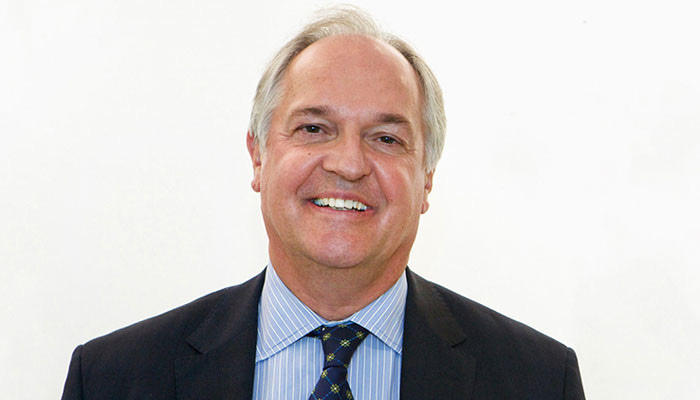Being a Courageous Leader
Former Unilever CEO Paul Polman talks
Paul Polman, the former Unilever CEO, has some important counsel as to what makes a courageous leader and he recently shared it on an episode of Deep Purpose, hosted by Ranjay Gulati.
Polman has additionally published a book on the topic of courage, “Net Positive: How Courageous Companies Thrive by Giving More Than They Take.”
In the conversation with Gulati, Polman talked about different points yet this piece will only focus on two of them, mention what he said and then provide a reputation-angle analysis with it.
So let’s take a brief look at what makes a leader courageous, a reputation that is highly beneficial to have with a board and all other stakeholders.
Take responsibility for their total impact
"I meet so many CEOs who outsource… their responsibilities," Polman says.
That’s a problem. Yes, delegation is necessary but some tasks, unwanted ones, messy even, have to remain with the CEO because if things go sideways, as a saying goes, the responsibility, criticism and consequences all fall on the person at the top of the organizational hierarchy.
That person doesn’t want to be found as shirking what they alone should be doing and are expected to be doing, especially if the figurative roof caves in, event wise.
The reputation price will be exorbitantly expensive and painful to name and career.
Consider uncomfortable perspectives and alliances
"The issues that businesses now face are of such magnitude that nobody can really solve them by themselves anymore. It requires the broader systems changes that need partnerships, sometimes uncomfortable alliances," Polman says. "You have to deal with the truths or perspectives that you're not familiar with."
Smart points that I suspect are not going to be palatable to all leaders: “Nobody can really solve them by themselves anymore” and “need partnerships, sometimes uncomfortable alliances” and “deal with the truths or perspectives that you’re not familiar with.”
I imagine this feels like punch after punch after punch to some organizations and leaders. It’s way outside their comfort zone. That can be remedied however, with poise, intellectual humility and curiosity.
Wise, not to be confused with smart, people can bring themselves to have such a mindset and respond like I shared.
The reality is whether in our personal lives or professional ones, we have to learn to seek out and accurately identify people to trust, do so, work with them humbly, control our reactive selves, be open to learning and make decisions on sound advice.
Leaders don’t have to alone generate every bit of expertise they need or rely solely on the organization and the people inside it to know everything to make the best decisions and be responsible, courageous, risk-management smart, and successful in all situations.
All leaders can bring themselves to take responsibility for total impact and endure and tolerate discomfort from different perspectives and alliances. In short, be courageous.
Michael Toebe is a reputation consultant, advisor and communications specialist at Reputation Quality, assisting individuals and organizations with further building reputation as an asset or ethically protecting, restoring or reconstructing it.
Subscribe for free or become a paid subscriber to receive and access “extras,” whichever works best for you.



